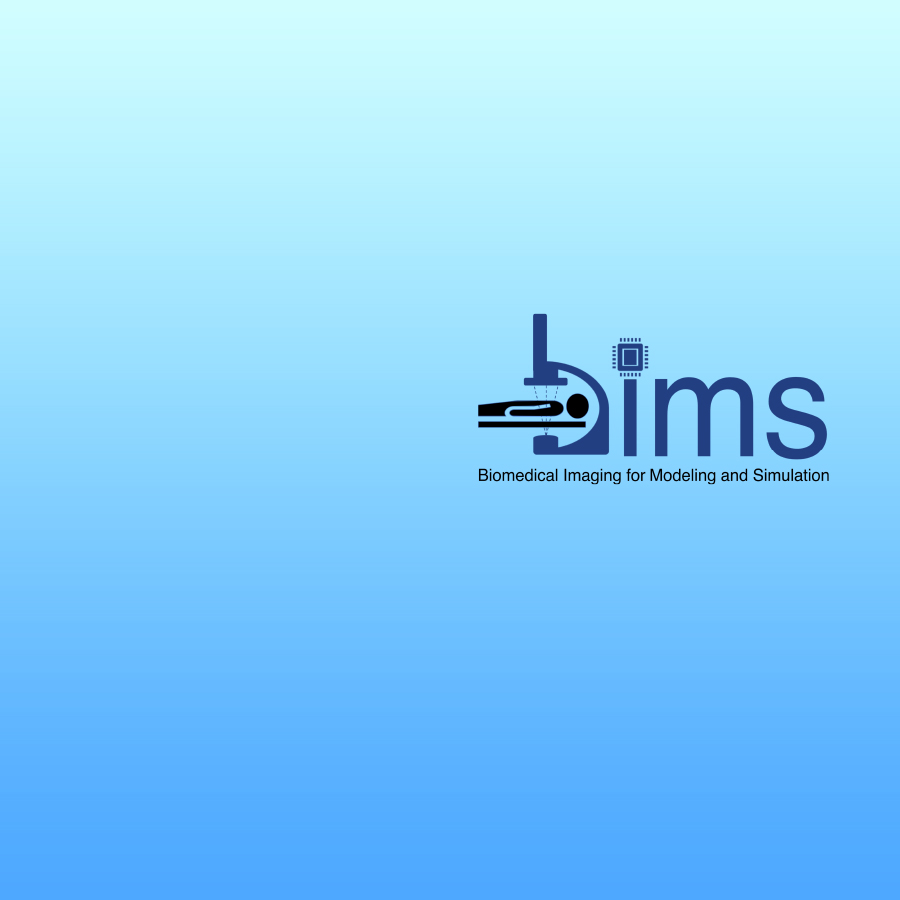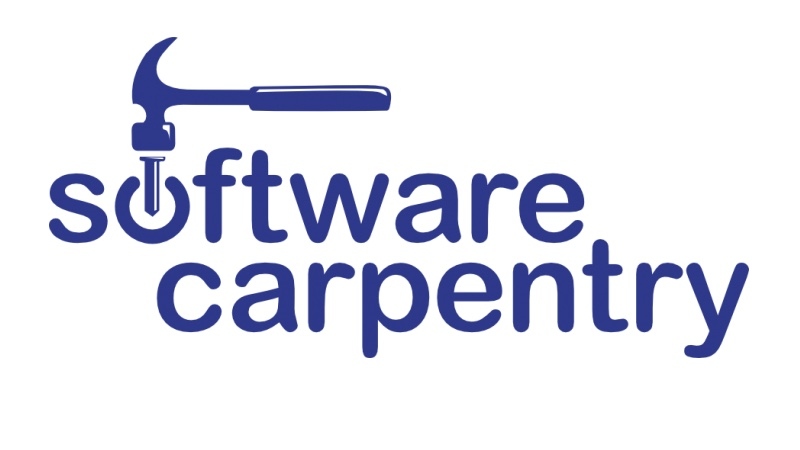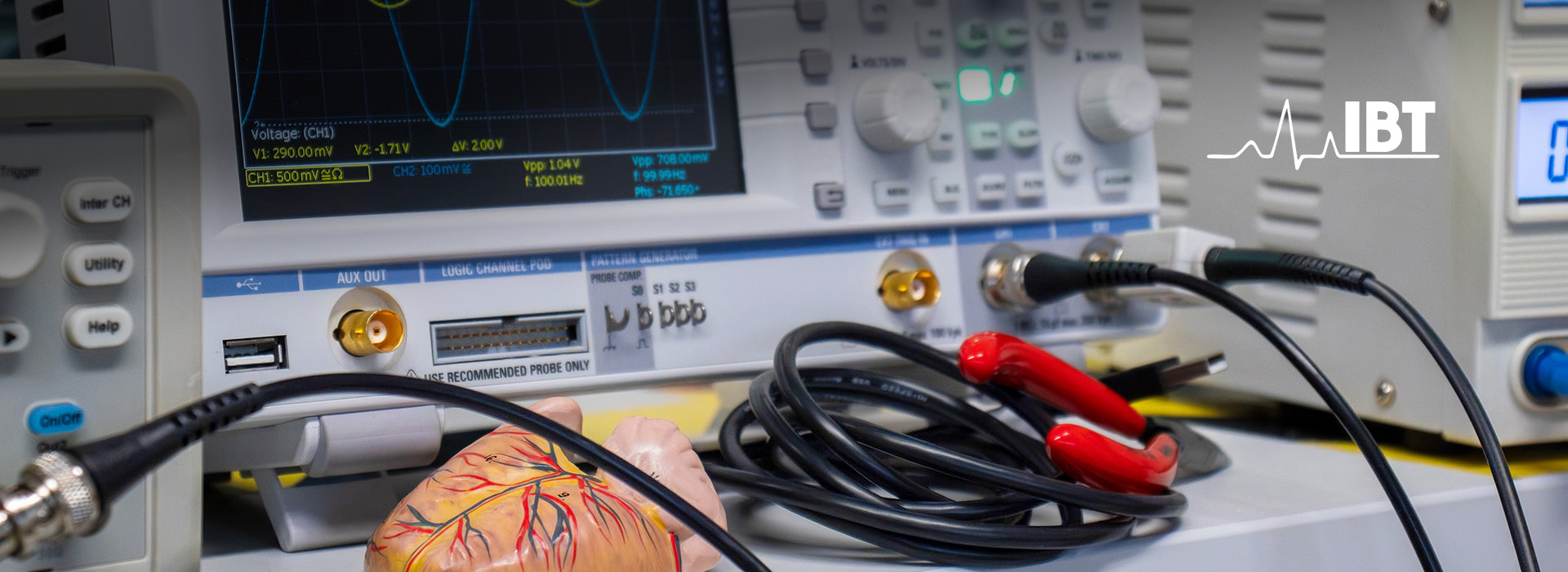Engineering for Health
Welcome to the Institute of Biomedical Engineering (IBT) at Karlsruhe Institute of Technology (KIT). For more than 60 years we have been active in research and teaching in the field of biomedical engineering.
In interdisciplinary projects together with medical doctors and medical industry, we investigate new technical systems that help to diagnose diseases earlier and more accurately as well as systems that make therapies more successful.

Optical Imaging for intraoperative navigation and diagnosis – providing structural and functional information
Lead: Werner Nahm

Planning, personalization and monitoring of medical treatments
Lead: Maria Francesca Spadea

Mathematical simulations for optimizing cardiovascular prevention, diagnosis, and treatment
Lead: Axel Loewe

Our new review article on artificial intelligence in cardiovascular medicine has been published. The paper outlines methodological foundations and highlights applications in imaging and ECG analysis, including deep learning for functional assessment and disease prediction. It also addresses generative AI, implementation challenges, and ethical considerations. The article is available in German.
Learn more
The TrackAF Doctoral Network, a Horizon Europe Marie Skłodowska-Curie Action focused on atrial cardiomyopathy and atrial fibrillation is recruiting 15 PhD candidates. The network brings together academic, clinical and industrial partners across Europe and offers fully funded, 36-month PhD positions with strong interdisciplinary and international training. If you are interested in pursuing a PhD in a new country, apply by April 12!
Learn more
In Summer Semester 2026, the IBT will offer the 2-day workshop “Practical Introduction to Research Software Engineering”. The course is worth 1 ECTS and is a hands-on introduction to the Unix shell, the version control system Git, and Python.
Learn more
As part of the event series "Junge Talente – Wissenschaft und Musik", Miriam Weiß and Simon Kreutzenberger will present their presentation “OCT: Dem Auge beim Untersuchen anderer Augen helfen” at KIT Campus Nord on February 5. The talk provides a brief introduction to optical coherence tomography (OCT) and its applications in medical imaging. It will be followed by a piano concert featuring students from the Hochschule für Musik Karlsruhe.
Mehr erfahren
Our Master graduate Carl-Leandro Enslin received this year's Best Thesis Award from the CRC 1173 "Wave Phenomena" for his master’s thesis in IBT's CaMo group, which focused on improving computational models of cardiac electrophysiology and their relation to excitation wave propagation.
Learn more
On December 2–3, the very first DiTraRe-Symposium on Digitalisation of Research took place at ZKM Karlsruhe. The event offered two inspiring days full of ideas, exchange, and great energy. Axel and Silvia represented the use case “AI in Biomedical Engineering” within the DiTraRe project, and Silvia also presented a poster on “How Researchers Access Clinical Data”.
Head of Institute - Spokesman of collegial institute management


Raum 514
Head of Institute


Raum 512
Akademischer Oberrat
Head of Computational Cardiac Modeling
Sekretariat/Assistenz







